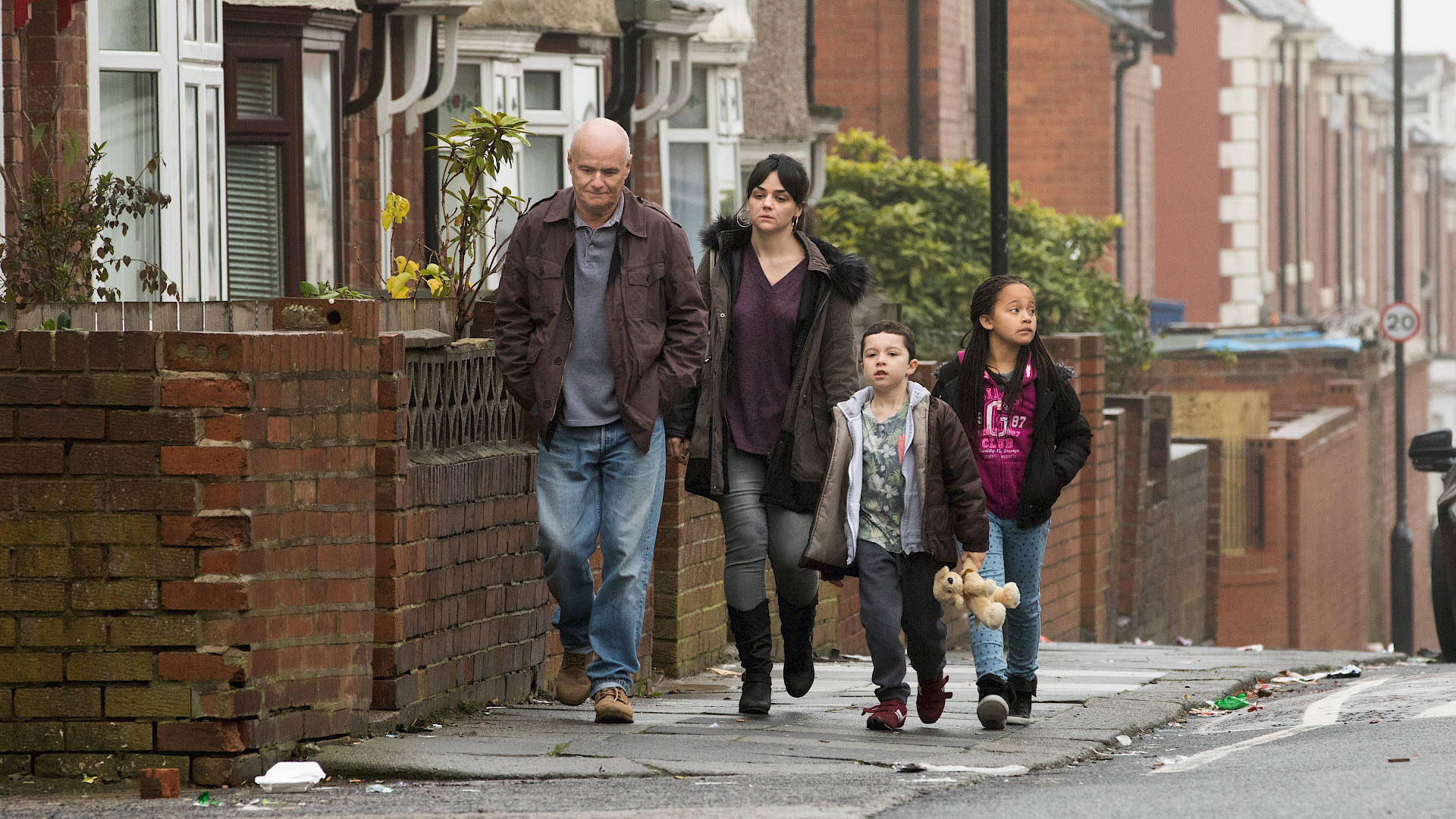
Key facts
- The National Audit Office found that the DWP had overpaid private companies by £1.7 billion as part of its Restart scheme. The companies running the scheme struggled to find enough people to meet their caseload numbers, which meant the cost per participant went up from £1800 to £2429.
- Although new powers in 2016 made social security a devolved issue, the UK government is still delivering many benefits in Scotland.
- Nine years after originally being given contracts by the DWP, private firms Atos and Capita are still failing to test disability benefit claims - with more than 1 in 5 reports having to be amended.
- It was revealed in 2018 that Atos was offering staff financial incentives for squeezing additional disability claim assessments into their working day, prioritising company profits over the welfare of claimants.
- Similarly, a Channel 4 documentary in 2016 revealed that the private company, Capita, had been dismissing disability claimants without even meeting them.
The history
In the 1980s, the government began contracting out parts of our social security to private companies. This led to billions of pounds of public money being wasted on for-profit companies, like Serco and G4S, that have failed our public services time and time again.
Unsurprisingly, privatisation of social security has been a disaster (alongside government cuts). After massive failures by Concentrix in handling tax credit claims, the government pledged in 2017 to bring tax credits back in-house. However, since the start of the pandemic, millions of pounds of our public money has been given out to failing private companies through social security contracts.
Who owns our social security?
The Department for Work and Pensions (DWP) signed a multimillion pound contract with Serco in 2020 to deliver contact centre services for vulnerable people. Then, in 2021, Serco received another huge contract from the DWP - this time worth £350 million as part of the government’s Restart scheme to reduce unemployment. Yet, by 2022, the scheme run by Serco and other private companies, like G4S, had only managed to find employment for 7% of all participants.
Having outsourced a number of services to Serco during the pandemic, the DWP then planned to let private companies run several of its crucial hotlines. In 2022, a £322 million contract to run Universal Credit hotlines was given to French firm Teleperformance, even though the company has been fined thousands of pounds for previously failing to run a passports hotline.
The DWP also renewed contracts worth £170 million in January 2023 with private firms Atos and Capita, who have been given responsibility for Personal Independence Payments (PIP) assessments, despite a litany of complaints and failures. Another failing private company, Maximus, also had its disability assessment contract renewed in 2023 - costing the taxpayer £90 million.
Meanwhile, huge cuts to welfare support, combined with a cost-of-living crisis, have also led to indirect privatisation of our social security as many people are reliant on charities and private organisations for support. The food bank charity, Trussell Trust, gave out almost three million food parcels in the year 2022-23. NGOs are now having to provide the safety net that our public services should be there to offer.
“You can’t run a compassionate social security system when the primary motivation is driven by profit.” - David Linden MP, 2023
Trailer for the powerful 2016 film 'I, Daniel Blake' by Ken Loach which tells the story of a man trying to access Employment and Support Allowance after having a heart attack:
Social security belongs in public hands - share this page using the links below.
Photo taken from the film 'I, Daniel Blake' (2016).
Related news
-
31 Jan 2023 Source: www.dailyrecord.co.uk
-
French firm fined for passport hotline failures handed £322m Universal Credit calls deal
- Social security
15 Oct 2022 Source: www.mirror.co.uk -
The Tories’ privatisation of welfare is a catastrophe for the poorest
- Social security
25 Mar 2022 Source: www.newstatesman.com -
DWP chiefs draw up plans to let private firms run Universal Credit hotlines
- Social security
22 Apr 2021 Source: www.mirror.co.uk -
Capita to lose pensions administration service
- Social security
21 May 2018 Source: www.chichester.co.uk
